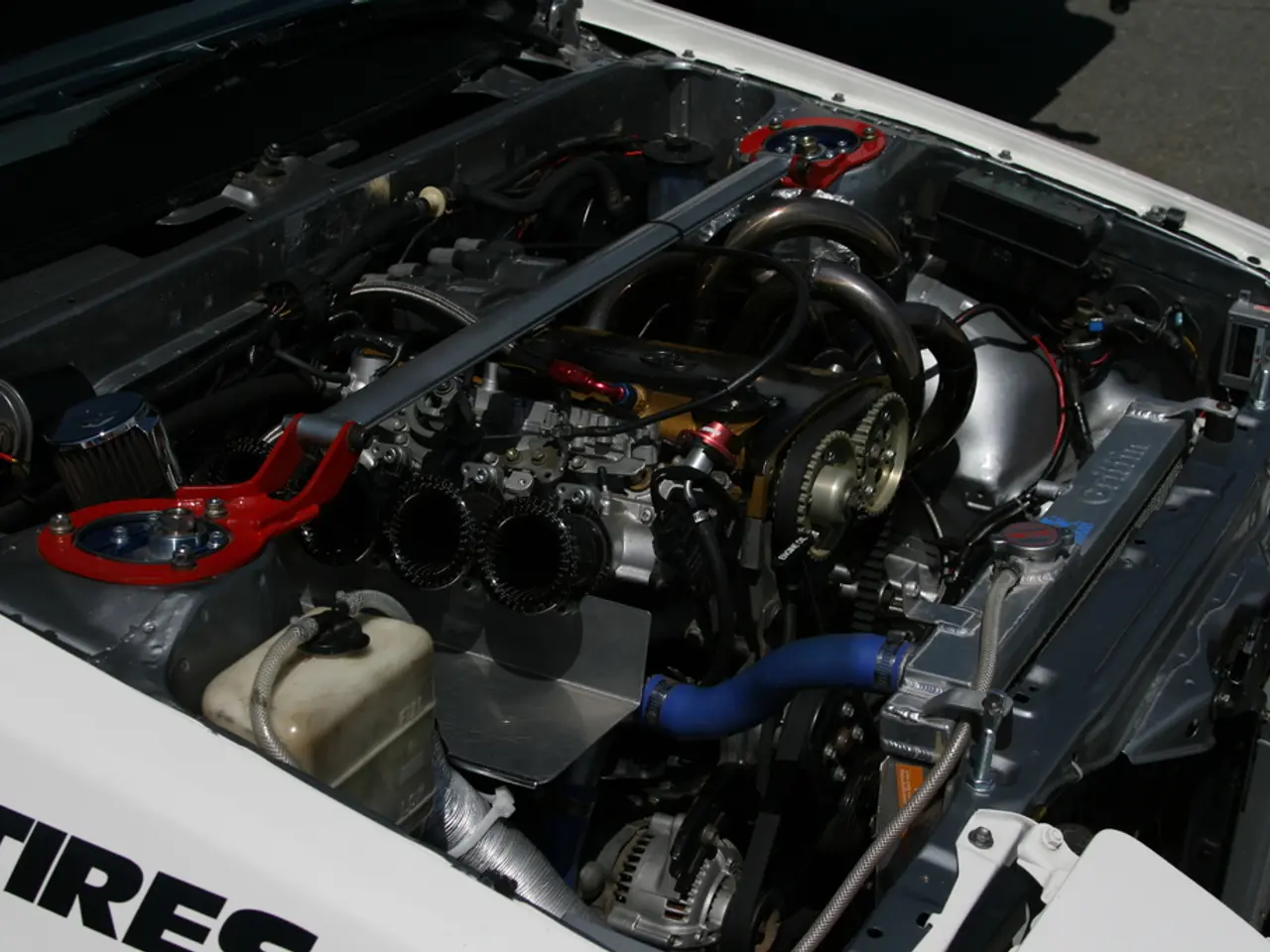Romania reveals 140 million euro hydrogen technology center to bolster eco-friendly energy production
The Ro-HydroHub, the Romanian Hydrogen and New Energy Technologies Hub, was officially launched on March 13, 2023, marking a significant step towards modernizing Romania's energy sector and accelerating the transition to green energy. The initiative, which received nearly EUR 140 million in funding through the Smart Growth, Digitization, and Financial Instruments 2021-2027 Program (PoCIDIF), is a strategic project aimed at advancing hydrogen-based technologies.
The Ro-HydroHub project will be a collaborative effort between the University Politehnica Bucharest, the Technical University of Cluj-Napoca, and nine private-sector partners. Marcel Boloș, the minister of investments and European projects, expressed confidence that the European funding allocated will mark a turning point in transforming Romania into an economy of the future.
At the heart of Ro-HydroHub's activities are the development of hydrogen production, supply, and storage technologies. The project aims to create advanced solutions for fuel cells and electrolyzers, and will implement integrated hydrogen systems based on renewable energy sources. These efforts are designed to promote hydrogen as a key clean energy carrier, reducing carbon emissions and dependency on fossil fuels.
Ro-HydroHub also seeks to facilitate the rapid adoption of innovative solutions. It will provide training for the next generation of specialists through master's and doctoral programs, fostering a skilled workforce capable of driving Romania's green energy revolution.
Marcel Boloș emphasized that Ro-HydroHub lays the foundations for "a new economic model for Romania-one built on innovation, sustainability, and technological excellence." The minister attended the official launch, alongside other key figures in Romania's energy sector.
Ro-HydroHub will foster collaboration between academia, the private sector, and European institutions. This collaborative approach is expected to accelerate the development and integration of hydrogen-based technological solutions, positioning Romania as a regional leader in renewable energy adoption and sustainability.
The project aligns with the European Union's decarbonization goals and the Green Deal framework, ensuring a just and efficient energy transition for Romania. It is part of a broader ecosystem of projects and partnerships in Romania geared toward sustainable energy transformation, as indicated by the participation of institutions like BEIA in related events and initiatives focused on green energy and environmental technologies.
In conclusion, the Ro-HydroHub project represents a significant step forward for Romania's energy sector. By focusing on hydrogen and other innovative energy technologies, Ro-HydroHub aims to modernize Romania's energy sector while accelerating the transition to green energy, fostering collaboration, and driving innovation in clean energy solutions.
[1] BEIA (2023). Green Energy and Environmental Technologies in Romania. Retrieved from https://beia.ro/en/news/green-energy-and-environmental-technologies-in-romania/ [2] BEIA (2022). Sustainable Energy Solutions for Romania. Retrieved from https://beia.ro/en/news/sustainable-energy-solutions-for-romania/
- The Ro-HydroHub project, aligned with the European Union's decarbonization goals and the Green Deal framework, will not only stimulate advancements in hydrogen technology but also fosters collaboration between Romanian universities, the private sector, and European institutions, as revealed in the articles "Green Energy and Environmental Technologies in Romania" and "Sustainable Energy Solutions for Romania" published by the Bureau of Energy and Industry Analysis (BEIA).
- To further Romania's competency in renewable energy, the Ro-HydroHub project will develop education and self-development programs focusing on masters and doctoral studies, thereby ensuring a skilled workforce competent in both environmental-science and technology, key areas essential for the green energy revolution in Romania.




